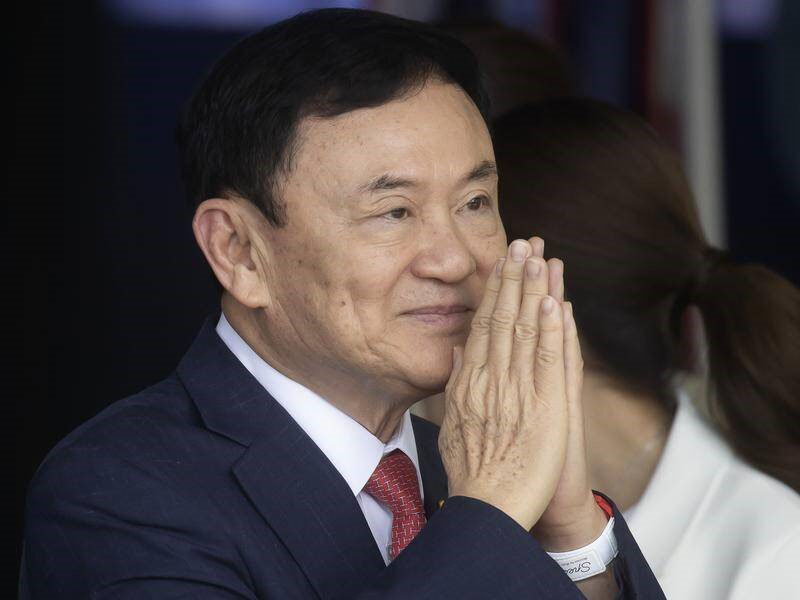BANGKOK, (Reuters) – Thailand’s convicted former Prime Minister Thaksin Shinawatra was released on parole on Sunday, his lawyer said, starting a first day of freedom in his homeland, 15 years after fleeing in the wake of his overthrow by the royalist military.
The influential billionaire, whose family’s party is now in power in Thailand, was freed from hospital detention six months into a sentence for abuse of power and conflicts of interest, that was commuted from eight years to one by the country’s king.
Reuters journalists saw Thaksin, 74, leaving the hospital in a black Mercedes van early on Sunday, wearing a green shirt and with his arm in a sling, sitting beside his youngest daughter, Paetongtarn Shinawatra, leader of the ruling Pheu Thai party.
Thaksin was eligible for parole due his age, health condition and time served and had been detained in hospital on health grounds.
The vehicle was seen arriving at the family’s Bangkok residence about 25 minutes later.
Paetongtarn shared a post by one of her followers on Instagram alongside an image of her in the vehicle with her father, which carried the message: “Thaksin has arrived home, hope he will have good health.”
His lawyer Winyat Chartmontri told Reuters Thaksin had completed parole proceedings and had formally been released.
Thailand’s best-known and most polarising premier, Thaksin has loomed large over politics for two decades, despite 15 years in self-imposed exile to avoid jail, charges he long insisted were cooked up by his enemies to keep him at bay.
Thaksin made a dramatic return from exile in August to serve his jail time and was met by cheering crowds and a media frenzy.
He was transferred to hospital suffering with high blood pressure and chest pains on his first night in jail, and had been detained there ever since.
Thaksin has been at the heart of a long running power struggle in Thailand between warring elites, an on-off battle characterised by bouts of at times violent street protests by rival movements and the toppling of three Shinawatra-backed governments by court rulings and military coups.
He insists he has retired from politics.






